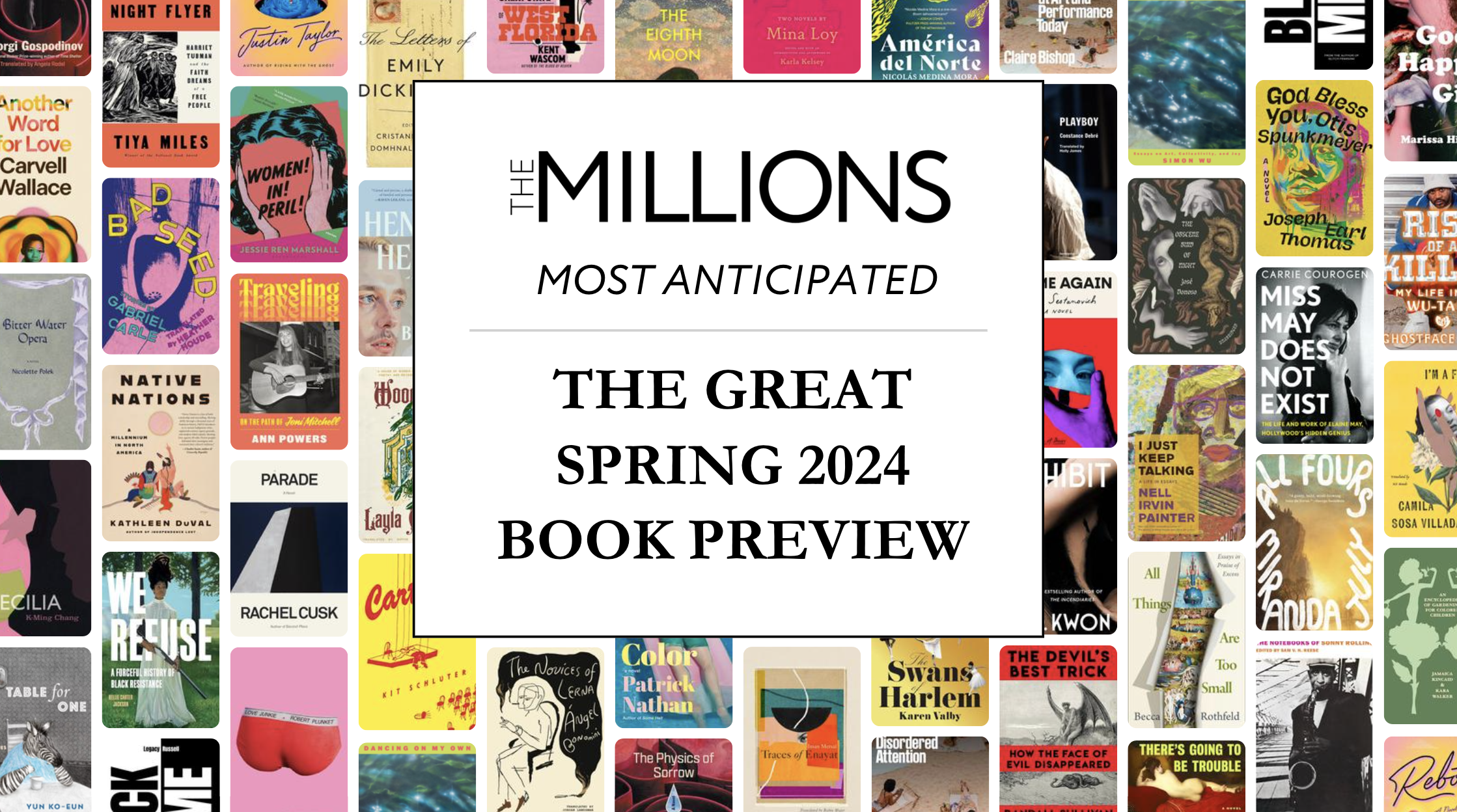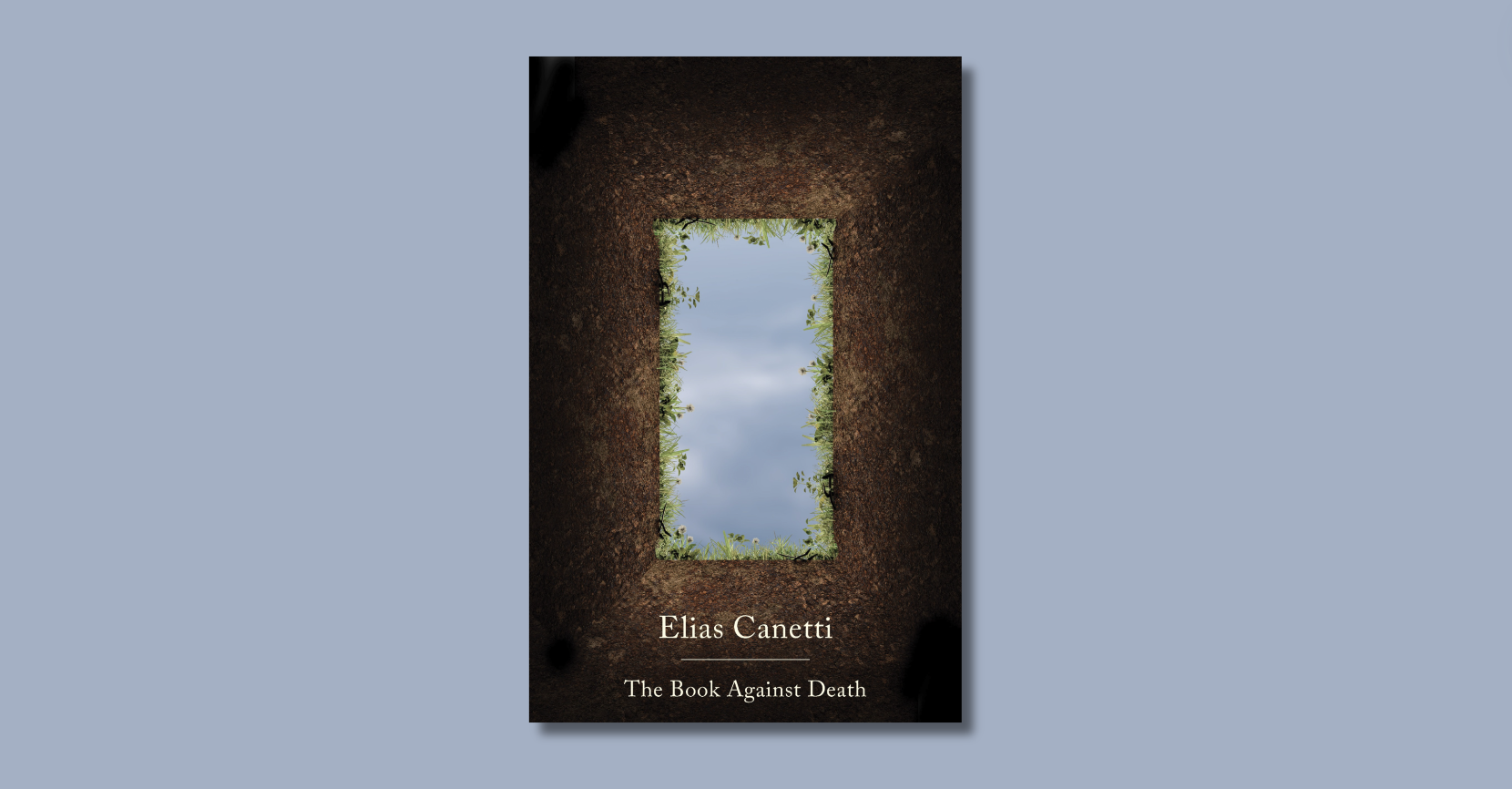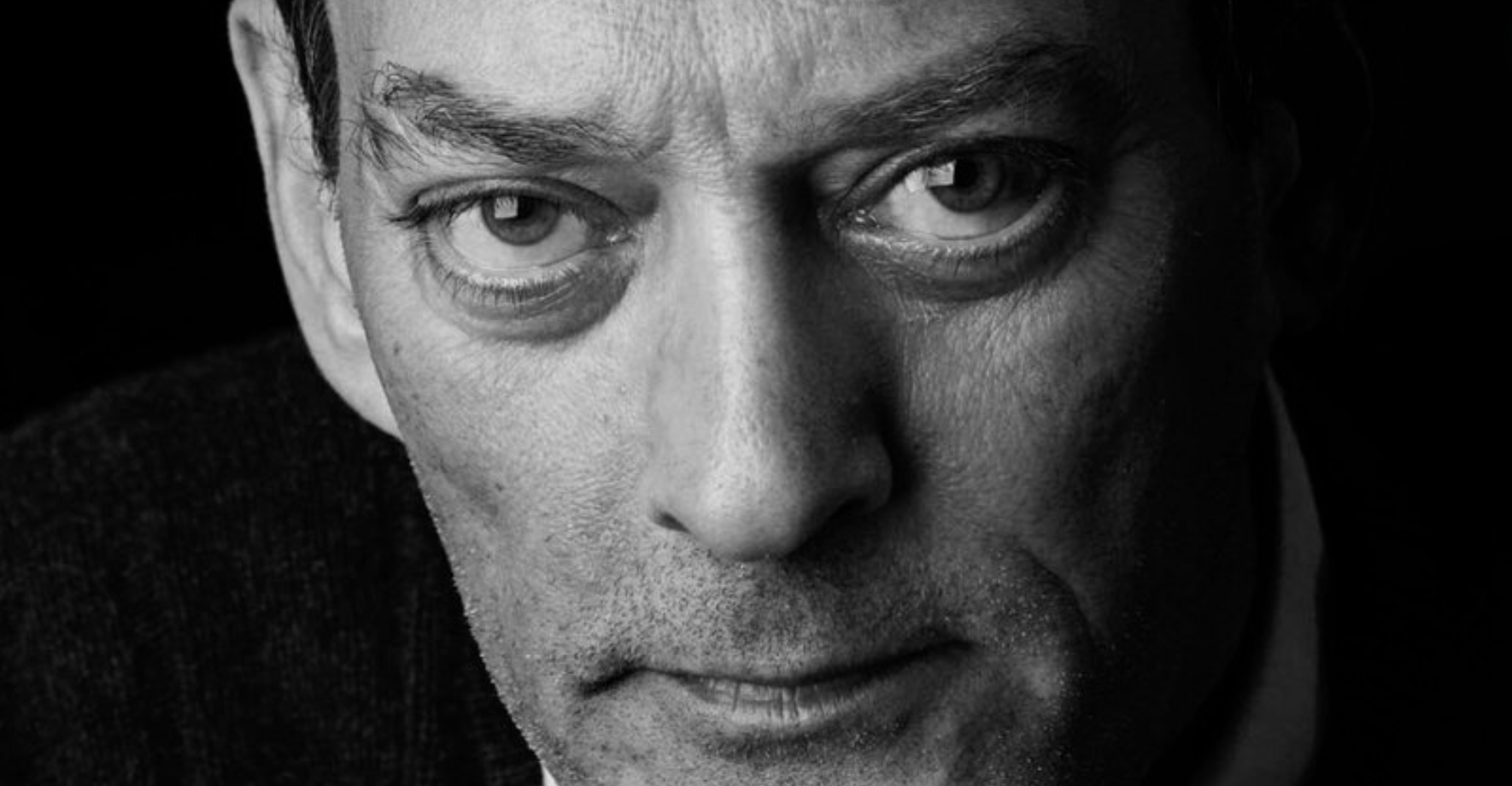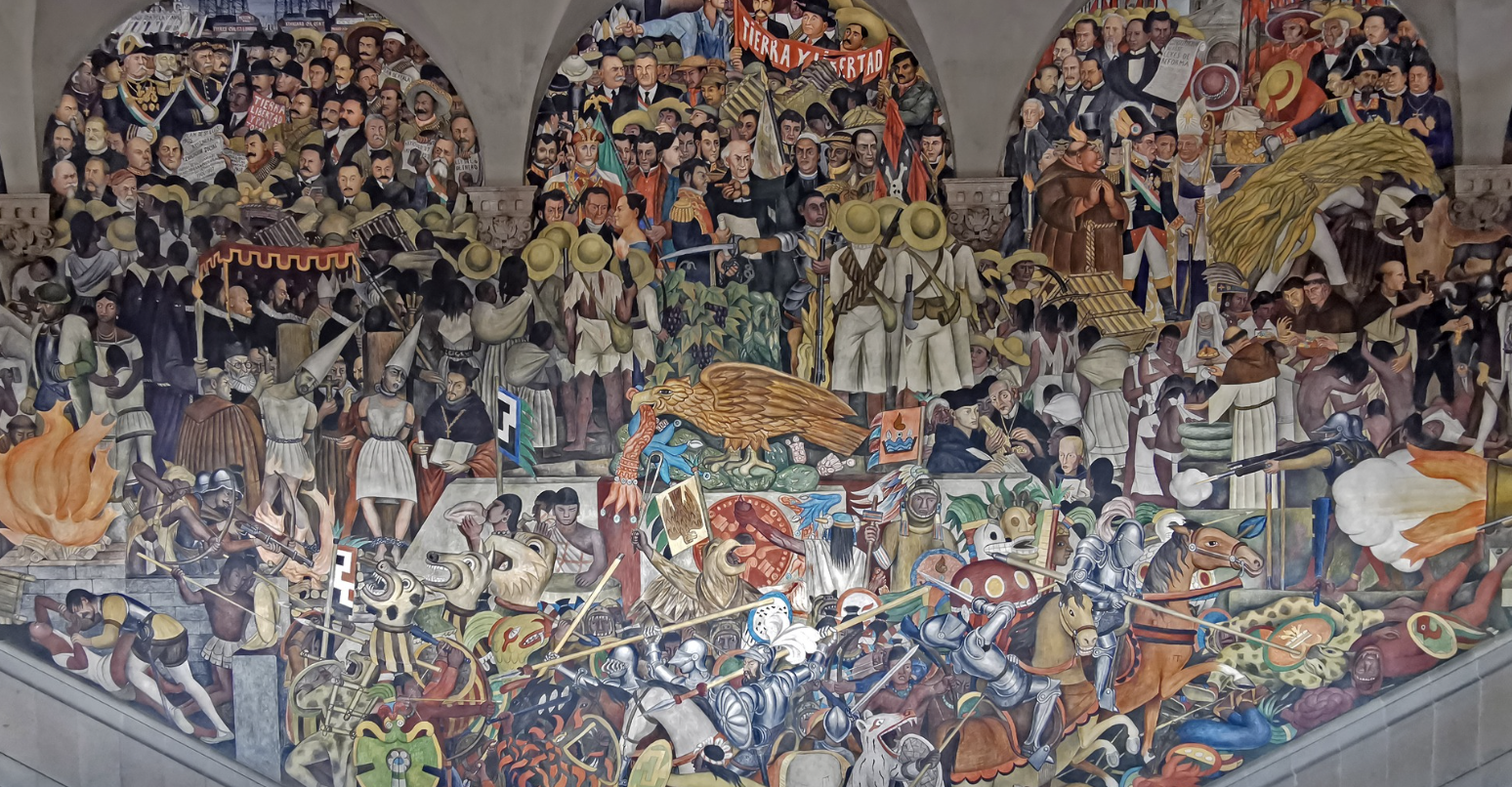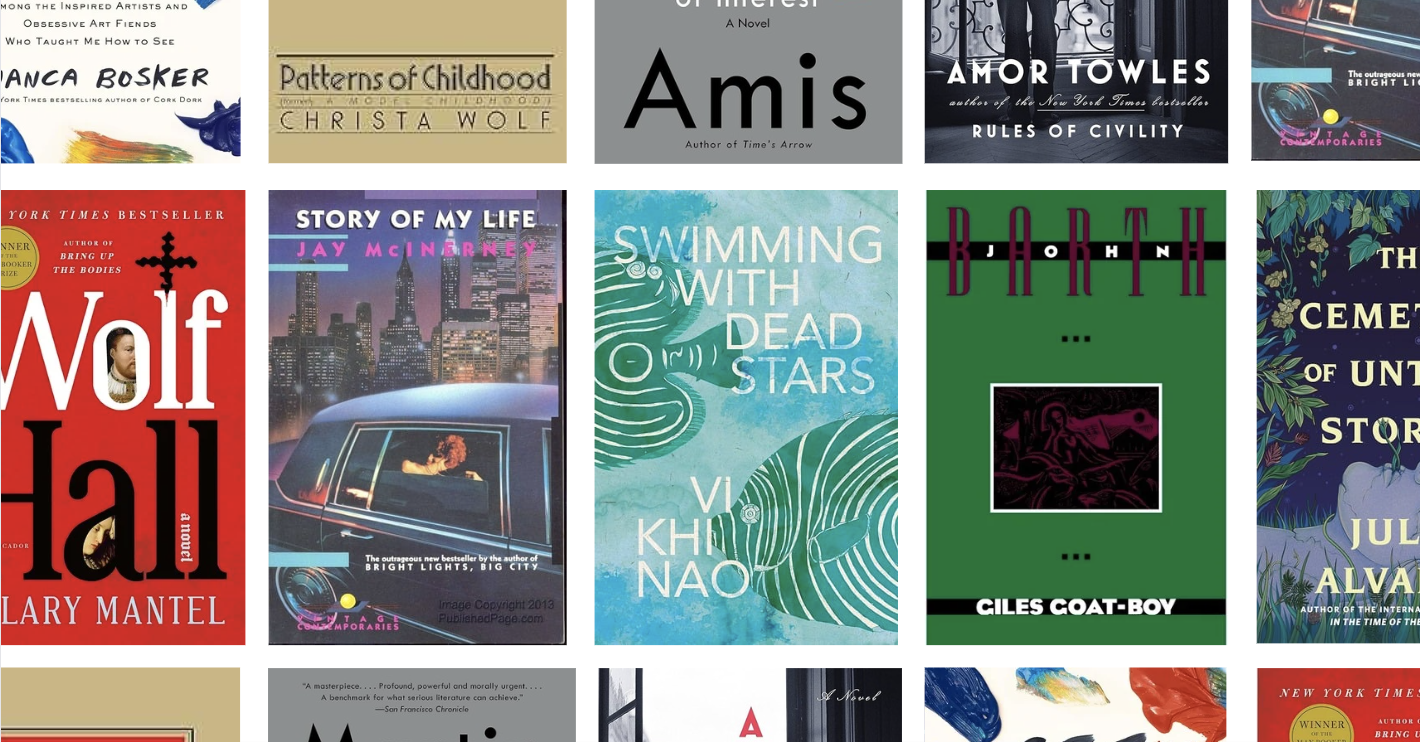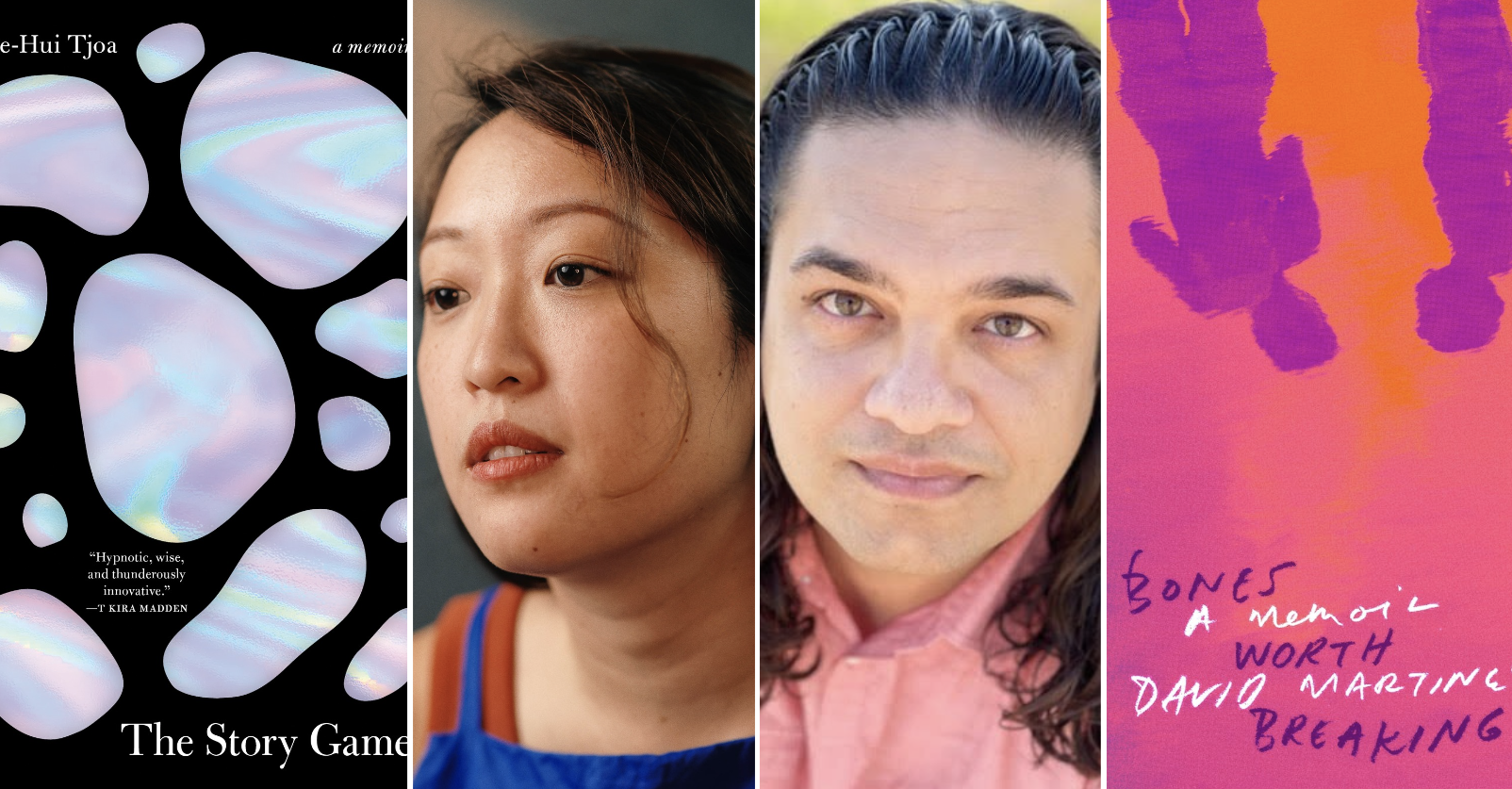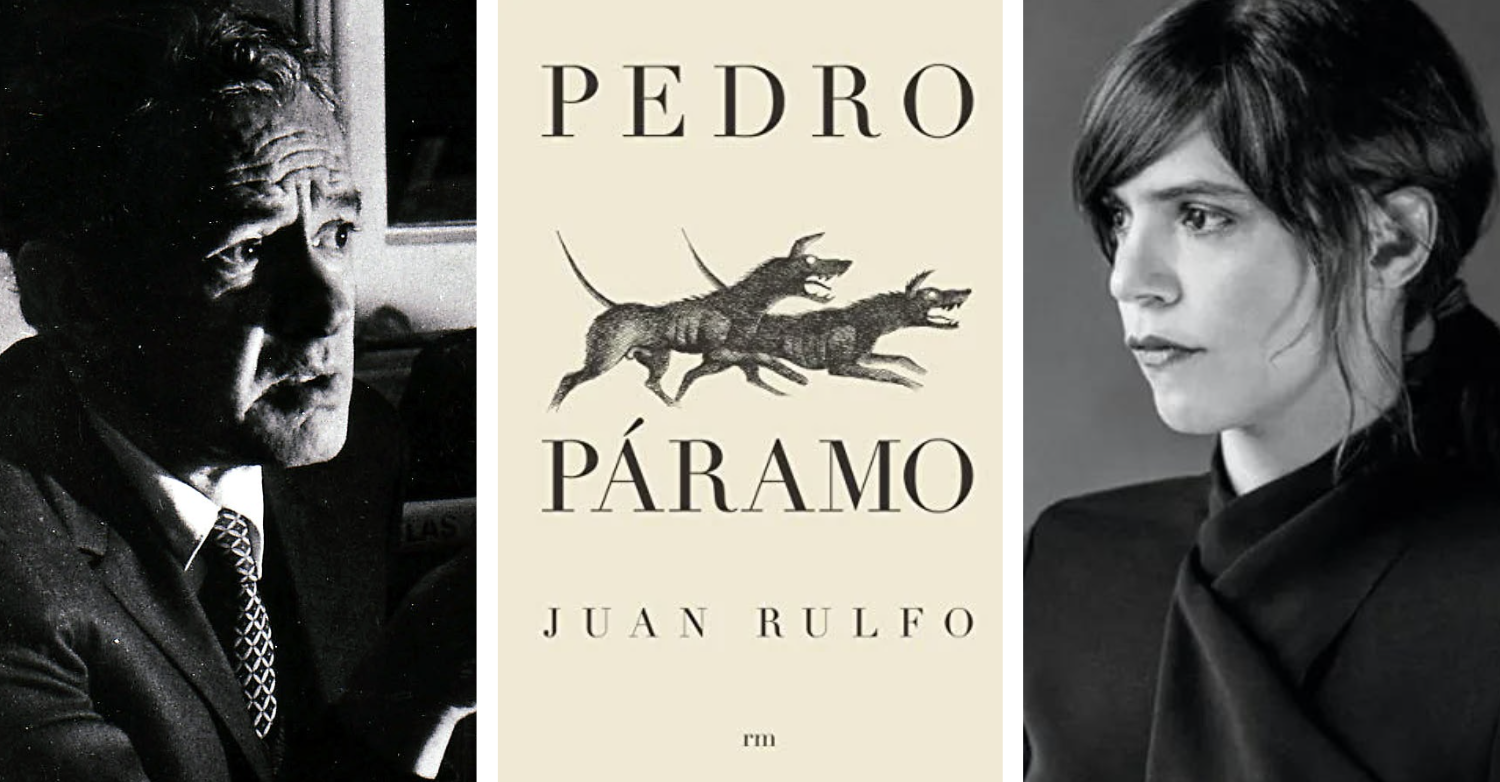
Don DeLillo is a famously unprolific interviewee. He does a certain amount of publicity, though you suspect he calculates exactly how little he can get away with while still remaining in good standing with his publishers. He’s never come close to being a Pynchon-level recluse, but he’s also avoided becoming anything like a Public Author; despite being in many ways a deeply political writer — and in all ways one of the most significant of living English-language novelists — he’s not someone with whose opinions we’re routinely furnished. (Which is to say that he is not, for instance, Martin Amis, or Joyce Carol Oates, or Jonathan Franzen.)
 It probably wouldn’t have occurred to me to even seek an interview with DeLillo if the topic of his new book, Zero K, had not been one I’d spent much of the last two years researching and writing about for a non-fiction book of my own: the desire to achieve physical immortality through technology. Zero K is a haunting story — both sharp and opaque, in the way of DeLillo’s late style — about an aging billionaire named Ross Lockhart who arranges, under the auspices of a techno-utopian quasi-cult called The Convergence, to have himself cryonically suspended along with his terminally ill younger wife, in the hope that the scientists of the future will resurrect them both and enable them to live indefinitely. In a sense, it seems a strange sort of topic for DeLillo, the stuff of broad sci-fi; but it’s worth bearing in mind that technology and the terror of death have been converging topics in his work for many years. “This is the whole point of technology,” as one character put it in 1985’s White Noise. “It creates an appetite for immortality on the one hand. It threatens universal extinction on the other. Technology is lust removed from nature.”
It probably wouldn’t have occurred to me to even seek an interview with DeLillo if the topic of his new book, Zero K, had not been one I’d spent much of the last two years researching and writing about for a non-fiction book of my own: the desire to achieve physical immortality through technology. Zero K is a haunting story — both sharp and opaque, in the way of DeLillo’s late style — about an aging billionaire named Ross Lockhart who arranges, under the auspices of a techno-utopian quasi-cult called The Convergence, to have himself cryonically suspended along with his terminally ill younger wife, in the hope that the scientists of the future will resurrect them both and enable them to live indefinitely. In a sense, it seems a strange sort of topic for DeLillo, the stuff of broad sci-fi; but it’s worth bearing in mind that technology and the terror of death have been converging topics in his work for many years. “This is the whole point of technology,” as one character put it in 1985’s White Noise. “It creates an appetite for immortality on the one hand. It threatens universal extinction on the other. Technology is lust removed from nature.”

 I was somewhat taken aback that this interview happened at all. The appropriate word here, I suppose, would be “granted.” We didn’t speak at any great length — we were only getting going on the topic of the Zapruder film of JFK’s assassination, I regret to say, when the interview had exhausted its allotted time slot. (Although it’s probably true to say that you could talk to Don DeLillo about the Zapruder film for the rest of your natural, un-cryonically extended life, and you’d only ever be getting going on the topic.) I called him at his hotel room in Washington D.C. (“of all places,” as he somewhat mysteriously put it). For the first five minutes or so of our conversation I had trouble focusing on what either of us was saying, on account of not quite being able to get over the fact that I was on the blower to the guy who wrote Libra, and Underworld, and White Noise, and God knows how many of the best sentences I’ve ever read.
I was somewhat taken aback that this interview happened at all. The appropriate word here, I suppose, would be “granted.” We didn’t speak at any great length — we were only getting going on the topic of the Zapruder film of JFK’s assassination, I regret to say, when the interview had exhausted its allotted time slot. (Although it’s probably true to say that you could talk to Don DeLillo about the Zapruder film for the rest of your natural, un-cryonically extended life, and you’d only ever be getting going on the topic.) I called him at his hotel room in Washington D.C. (“of all places,” as he somewhat mysteriously put it). For the first five minutes or so of our conversation I had trouble focusing on what either of us was saying, on account of not quite being able to get over the fact that I was on the blower to the guy who wrote Libra, and Underworld, and White Noise, and God knows how many of the best sentences I’ve ever read.
My voice recorder, thankfully, had the wherewithal to document what was being said. It went, apparently, as follows.
The Millions: Just over a year ago, I visited a place called Alcor, a cryonics facility in Arizona, for a book I’ve been writing about futurists who want to live indefinitely. And one of the things I kept asking myself was “What would DeLillo make of this stuff?” It was very strange to have that question answered in such a direct way when I read Zero K. I’ve been wondering about the level of research you did for the book, how deep you went into the whole area of cryonics.
Don DeLillo: It’s curious, I know about that place in Arizona. I know it’s there, but I know very little else about it. I did limit my research on this novel, simply because there would be an endless amount of it to be done, and I wanted to start work on it. It’s a work of fiction, so as I started the work, I started to imagine. You might be in a good position to say how accurate everything is. You’re probably a better position than I am.
TM: I do think the book reflects in an uncanny and oblique way the culture of radical optimism that emanates from Silicon Valley. I’m curious as to how aware you of that culture, and how much that fed into the book.
DD: I’m not deeply aware of it. I know that certainly it exists and that it’s part of this whole area of cryonics that I’m writing about. But I made a point not to funnel that path too deeply. Even Ross Lockhart, the father of the narrator, is of course interested himself in becoming a man in a pod. But I don’t know that he expresses any particular optimism. He thinks it’ll work, yes, but I think he’s a fairly realistic individual. What he wants is to accompany his wife. This is a genuine feeling on his part.
TM: That aspect of the novel brought me back to White Noise, in particular, where the relationship between Jack and Babette is characterized by this anxiety about who will die first.
DD: It’s funny, I have a very dim memory of White Noise. I’ve never had reason to re-read it. It was, I don’t know, 30 years ago. I don’t know much of what happens in that book. I even had a little difficulty recently trying to remember the main character’s name. I understand what you’re saying, of course. But it’s pure coincidence, the connection between these two books.
TM: So is it a strange thing for you, looking back over these books you’ve written, to see these kinds of connections being made by other people?

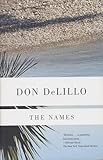 DD: Yes, it’s a strange feeling. I’ve been thinking lately, I’m not sure why, about my earlier novels, and I’m quite surprised how little I recall of them. I don’t know whether it’s liberating or worrying. Even The Names, which was set in Greece. Much of it, at least in terms of the travel in the novel, came out of personal experience. And even that seems very distant to me now. And Point Omega, my last novel — of course I know, essentially, what was going on there. But I could not have a serious discussion about it, I don’t think. Not at this point.
DD: Yes, it’s a strange feeling. I’ve been thinking lately, I’m not sure why, about my earlier novels, and I’m quite surprised how little I recall of them. I don’t know whether it’s liberating or worrying. Even The Names, which was set in Greece. Much of it, at least in terms of the travel in the novel, came out of personal experience. And even that seems very distant to me now. And Point Omega, my last novel — of course I know, essentially, what was going on there. But I could not have a serious discussion about it, I don’t think. Not at this point.
TM: One of the things that struck me about Zero K, and I suppose all your recent work, is the extent to which it seems saturated with the texture of contemporary culture, with technology in particular. There’s a very haunting passage toward the end of the book, where one of the leaders of The Convergence talks about “the devices you use, the ones you carry everywhere, room to room, minute to minute, inescapably.” She talks about “All the linked data designed to incorporate you into the megadata.” It really gets at this sense of being “unfleshed” that comes from being online all the time, as so many of us are now. But my understanding is that you yourself are not online all the time. You write on a typewriter. I’m curious as to how you absorb this texture of technological anxiety.
DD: This is correct. I have an iPad that I use for research, but I’m not online at all really. I don’t own a cell phone. I was just discussing this with the people I’m traveling with here, people from my publishers. I simply feel more comfortable without these things. But one feels it and sees it. It’s been around me for much of the day today, because the people I’m traveling with, one in particular has trouble with her cell phone. There’s something wrong with it. She doesn’t know who’s trying to get in touch with her, what it is they want to say to her. It’s a minor thing, yes, but it’s worrying and frustrating her. And she’s unhappy.
TM: How do you see the novel as a form fitting in with this technological culture you write about in Zero K? How do you see it speaking to or against it?
DD: The novel still exists. And to my mind it still can be called a flourishing form. There are so many good younger writers. It’s clear people are drawn towards the form — people who want to write are drawn toward the novel. It’s the most accommodating form, certainly within fiction, and the most challenging. And it’s very heartening to see so many good young writers. Don’t ask me for names. But I do know the work of some of them, and I do know the opinions of people I respect who read more than I do. So I don’t feel any dismay concerning the form itself.
TM: Do you make a point of staying current with younger writers, with what’s happening now, or do you find yourself as you get older re-reading more?
DD: No, I’m in touch with younger writers. I do read the work, when I can. In general I don’t read as much as I used to. But I haven’t gone back to the past either. My book shelves are filled with books that I have enormous respect for, but I don’t find myself rereading very often, if at all. I assume that’s just another function of getting older. And speaking of that, it took me nearly four years to write this novel. It’s only a book of average size, and that’s kind of surprising to me. On the other hand, this is what the book wanted, and I just followed where I was being led.
TM: Do you find yourself liberated in some ways, as a writer, by getting older?
DD: I find that being active as a fiction writer propels one toward the future, in a way. I’m hoping to find enough time one of these days to start work on a short story. And I’m eager to do so. It’s just been somewhat difficult, but I’ll get there.
TM: The new novel, like Point Omega before it, is permeated by a kind of eschatological mood. The opening line is “Everybody wants to own the end of the world.” And there’s a sense in the book, and in your work generally, of capitalism moving into an apocalyptic endgame. Is the prospect of future catastrophe — the reality of climate change, for instance — something that preoccupies you as you get older?
DD: I wouldn’t say these things preoccupy me. I would say that I’m aware of a level of concern that didn’t exist before. For a very long time, nuclear war was the thing that people were concerned with, at some level of consciousness. And that seemed to vanish at a certain point, but even that has a tendency to return in one way or another. Nuclear accidents, or all-out war between two or more countries. The concern is there certainly, and it can be almost palpable at times. Particularly when you see film footage or photographs of certain areas of the globe, in which enormous changes are taking place.
TM: This is a motif that recurs throughout your work, filmed imagery of catastrophe and violence. It’s there in quite a focused way in Zero K, in frequent interludes where the protagonist Jeff watches footage in the cryonics compound of terrorist atrocities and self-immolations and natural disasters and so on. How do you account for this recurrence of filmed disaster, filmed violence, in your work?
 DD: There’s always been a level of film in my writing. And I think at some point it became associated with violence or with destruction of some kind, environmental destruction. I wonder whether it all started with Libra, when I was writing about the assassination of President Kennedy? Is that the act of violence on film, the Zapruder film, that put me in that particular lane of awareness? There are no definite answers, I don’t think. I think in Mao II, there are conversations with people that concern terrorism, and elsewhere as well. It just happened because it is part of the culture. My wife and I lived in Athens for about three years, and it was everywhere around us. Aircraft hijackings. People fleeing certain countries. And many of them coming to Athens. And elsewhere too. Entire governments falling. Revolution in Iran. It had an effect on me, because it was palpable. It was right there. And it’s had an effect on my work ever since.
DD: There’s always been a level of film in my writing. And I think at some point it became associated with violence or with destruction of some kind, environmental destruction. I wonder whether it all started with Libra, when I was writing about the assassination of President Kennedy? Is that the act of violence on film, the Zapruder film, that put me in that particular lane of awareness? There are no definite answers, I don’t think. I think in Mao II, there are conversations with people that concern terrorism, and elsewhere as well. It just happened because it is part of the culture. My wife and I lived in Athens for about three years, and it was everywhere around us. Aircraft hijackings. People fleeing certain countries. And many of them coming to Athens. And elsewhere too. Entire governments falling. Revolution in Iran. It had an effect on me, because it was palpable. It was right there. And it’s had an effect on my work ever since.
TM: Now that you’ve brought up Libra and the Kennedy assassination, I may as well tell you that reading Zero K, and thinking about you and your work for this interview, led me to watching the Zapruder film on YouTube. It felt inevitable, in a way. And it struck me that that footage at the time, and when you were writing Libra, was a kind of secret text. People knew of it, but you couldn’t just sit down and watch it. And now you can watch it a hundred different ways on your phone, on your laptop. You sit through an ad for life insurance or whatever, then you watch JFK getting shot in the head at your leisure.
DD: Yes, that’s true. Although I can tell you that when I was writing Libra, I managed to get in touch with a guy in Quebec who was advertising this kind of material, which he kept in his garage. And he sent me the Zapruder film, and some other footage as well. So I had it before it became legal to look at the film. Believe it or not, in fact, I was told this morning that Zapruder’s daughter Alexandra is finishing a book about the film itself. So it’s still in the air.
TM: My feeling is you’ll almost certainly be asked to blurb that book.
DD: Yes. No doubt I will be asked.
[Strained laughter. Voices off. Exit DeLillo.]

